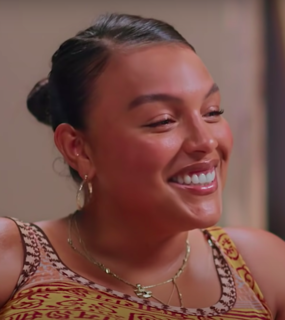A Quote by Jonathan Galassi
I deal with the authors I work with, agents, and other departments of the company, talking about both the books that I'm working on and everyone else's. Then there's dealing with foreign publishers: foreigners visit all the time. People want to bounce things off the publisher, and a lot of it is encouragement.
Related Quotes
And it does no harm to repeat, as often as you can, 'Without me the literary industry would not exist: the publishers, the agents, the sub-agents, the sub-sub-agents, the accountants, the libel lawyers, the departments of literature, the professors, the theses, the books of criticism, the reviewers, the book pages- all this vast and proliferating edifice is because of this small, patronized, put-down and underpaid person.'
Teachers and librarians can be the most effective advocates for diversifying children's and young adult books. When I speak to publishers, they're going to expect me to say that I would love to see more books by Native American authors and African-American authors and Arab-American authors. But when a teacher or librarian says this to publishers, it can have a profound effect.
Despite wanting to work in publishing, I was a publisher's worst nightmare: I rarely bought new books. So my goal was to publish the kind of books I would buy, and read. My reading habits have changed since starting the press. The only other "goal", per say, is to continue to experiment. I don't want the press to ever fall into a formula, or to be pigeonholed - "They do great reissues of modernist poets!" - I want to keep pushing, exploring the kind of title we can get away with. And working with authors who challenge the way I think about writing, editing and reading.
At AT&T, I learned an awful lot about people, and how important it is to have the right people in the right jobs. And when I say 'right people,' I'm not talking about their college degree or work history; I'm talking about things like bearing - How does this person interact with other people? Can he or she talk to you and not tick you off?
There are a lot of things I love about acting and one of the things I love the most is, here you are taking words off a page, working with someone you might have met just a week before, and somehow you're creating a moment that separates itself from space and time. You feel an incredible rush when you have that moment with another actor. You can feel it bounce off one another. Every take you do can reveal different things that were hiding. And things outside the story get revealed to you, too. It's an incredible way to work and to experience a story.



































